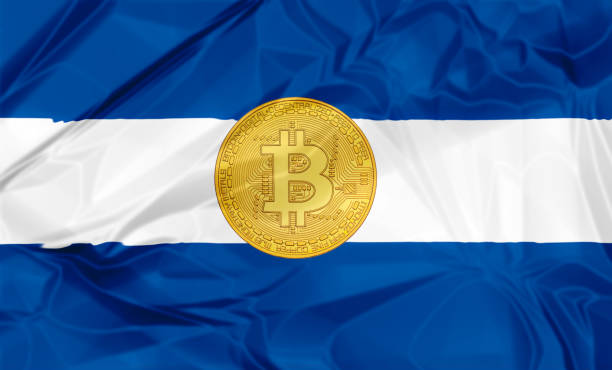El Salvador’s Bitcoin Gamble: Bold Move or Risky Folly?

El Salvador made history by becoming the first country to adopt Bitcoin as legal tender. While some see this as a groundbreaking step towards financial innovation, others argue it presents significant risks—particularly for developing economies.
Cryptocurrencies have long been a subject of debate, with proponents touting decentralization and financial sovereignty, while critics point to volatility and regulatory uncertainty. El Salvador’s decision to embrace Bitcoin raises pressing concerns about economic stability, financial accessibility, and the practicality of digital currency adoption.
The Economic Argument
El Salvador has operated under a dollarized economy since 2001, replacing the colón with the U.S. dollar to stabilize inflation and promote investor confidence. This shift largely succeeded, bringing inflation down to near-zero levels since 2015. Introducing Bitcoin as legal tender alongside the dollar, however, complicates the economic landscape.
Bitcoin’s extreme price fluctuations pose a significant challenge. Unlike traditional fiat currencies backed by government reserves, Bitcoin operates on a decentralized network, making its value highly unpredictable. For a nation where financial security is paramount, this instability could prove problematic.
Public and Market Reactions
Despite President Nayib Bukele’s optimism, Bitcoin adoption has faced resistance from both local citizens and international investors. Many Salvadorans remain hesitant to use Bitcoin, fearing its volatility and unfamiliarity. Moreover, credit rating agencies like Moody’s have responded negatively, downgrading El Salvador’s debt. The country’s borrowing costs have surged, reflecting investor skepticism over the risks associated with its Bitcoin experiment.
Facilitating Illegal Transactions?
Another concern is the potential for Bitcoin to be misused for illicit activities. The anonymity associated with cryptocurrency transactions makes it an attractive tool for money laundering and fraud. Regulatory bodies worldwide have raised red flags over the lack of oversight in crypto transactions, which could pose reputational risks for El Salvador.
Energy Consumption and Environmental Concerns
Bitcoin mining requires vast amounts of energy, contributing to environmental concerns. While El Salvador has proposed harnessing volcanic energy to power Bitcoin mining operations, questions remain about the feasibility and sustainability of such an endeavor.
Financial Inclusion: The Key Selling Point
One of Bukele’s primary arguments for Bitcoin adoption is financial inclusion. Over 70% of El Salvador’s population remains unbanked, relying on cash transactions. Bitcoin and digital wallets could, in theory, offer a more accessible financial system, particularly for cross-border remittances. Given that remittances account for approximately 20% of the nation’s GDP, lowering transaction fees could be beneficial.
However, Bitcoin’s complexity and price volatility may not provide the financial security lower-income citizens need. Alternative digital solutions, such as stablecoins or fintech-based remittance services, may offer a more practical approach.
The Global Perspective
El Salvador’s move has sparked international discourse. While some nations watch with curiosity, others view it as an economic gamble with high stakes. The world does not currently have room for thousands of competing digital currencies, and Bitcoin’s role as a mainstream medium of exchange remains uncertain.
Conclusion
El Salvador’s Bitcoin experiment is a bold step, but one fraught with risks. While it presents potential benefits in terms of financial inclusion and remittance cost reductions, its volatility, regulatory concerns, and impact on national debt cannot be ignored. The world will be watching closely to see whether this gamble pays off or becomes a cautionary tale for other nations considering similar paths.